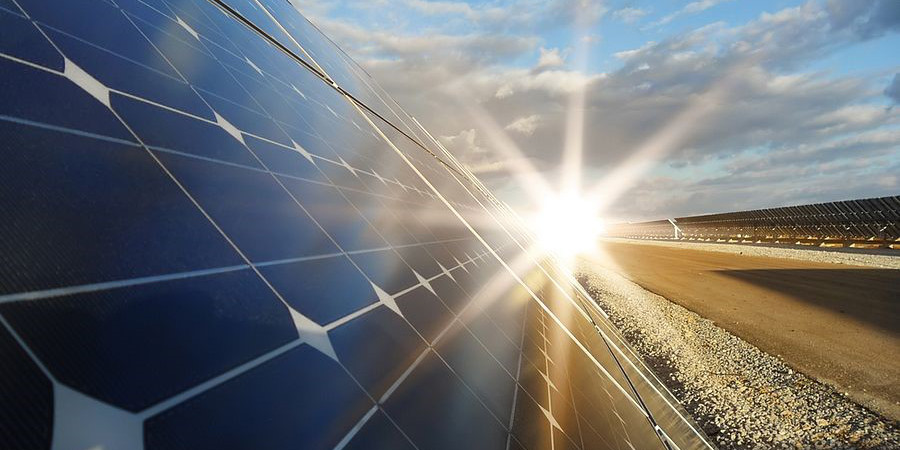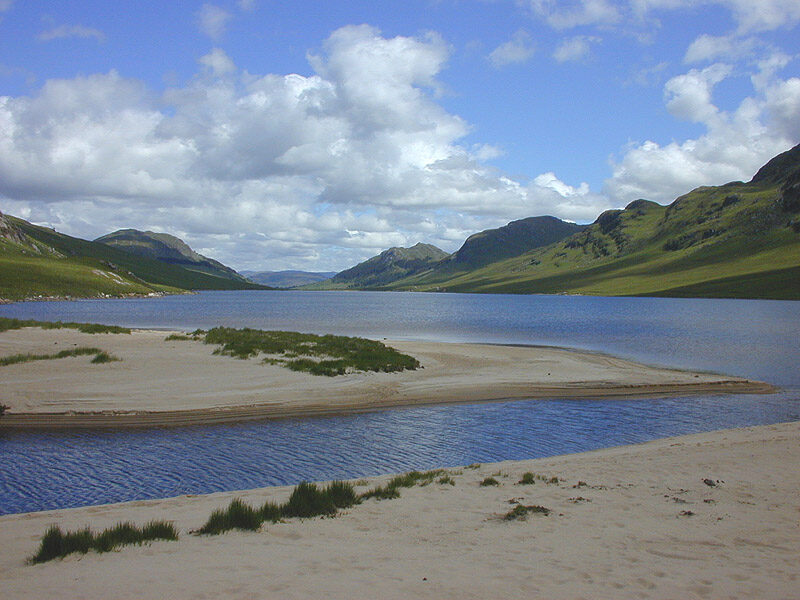The summer of 2018 was one of the warmest, driest and sunniest – according to the German Weather Service.
Taking into account such conditions, it is hardly surprising there were new highs for solar power generation in Germany. In July, for example, PV plants generated 6.7 TWh – more than in the previous record month of May, when 6.45 TWh was generated.
As Bruno Burger, Head of Energy Charts at Fraunhofer ISE, told pv magazine, the share of solar energy in power generation in July was 15.1% – and in May, due to numerous public holidays, it reached 15.6%.
May 6 saw the one-day penetration record broken as 22.2% of German power came from solar, with that percentage peaking at half of the supply at 1pm, to set a new hourly landmark, Mr. Burger revealed.
PV also set new records in the U.K., said James Watson, of Solarpower Europe. In the week from 21 to 28 June, 533 GWh of solar power was generated, making PV the country's main energy source that week, ahead of gas. According to Mr. Watson, Denmark recorded 361 hours of sunshine in May, leading to a 33% increase in solar generation and new records. Mr. Watson said solar energy in one country after another set impressive new milestones, confirming the important role of the renewable in the European electricity mix.
Solar keeps the lights on
Aurelie Beauvais, of Solarpower Europe, said PV systems filled summer gaps where conventional energy failed. In France and Germany, for example, coal and nuclear power plants had to be shut down as the necessary quantities of cooling water would no longer have been available – PV was able to keep the electricity grid stable and provide the required electricity.
“Without solar energy, there would have been major power supply challenges in July,” said Mr. Burger, referring to power reductions in conventional plants due to rising river temperatures. PV systems would have reached a maximum daily output of between 25 and 30 GW, he added.
Mr. Burger pointed out the proportion of solar in Germany could be significantly higher if an electricity price brake had not been enforced in 2013 by today's Federal Minister of the Economy, Peter Altmaier.
The move greatly slowed the expansion of PV, said Mr. Burger, adding: “We could use this [PV] now to better get through the hot summer months,” especially since PV power generation peaks at noon, coinciding with the highest demand to fuel air conditioning and refrigerators.
This content is protected by copyright and may not be reused. If you want to cooperate with us and would like to reuse some of our content, please contact: editors@pv-magazine.com.




3 comments
By submitting this form you agree to pv magazine using your data for the purposes of publishing your comment.
Your personal data will only be disclosed or otherwise transmitted to third parties for the purposes of spam filtering or if this is necessary for technical maintenance of the website. Any other transfer to third parties will not take place unless this is justified on the basis of applicable data protection regulations or if pv magazine is legally obliged to do so.
You may revoke this consent at any time with effect for the future, in which case your personal data will be deleted immediately. Otherwise, your data will be deleted if pv magazine has processed your request or the purpose of data storage is fulfilled.
Further information on data privacy can be found in our Data Protection Policy.